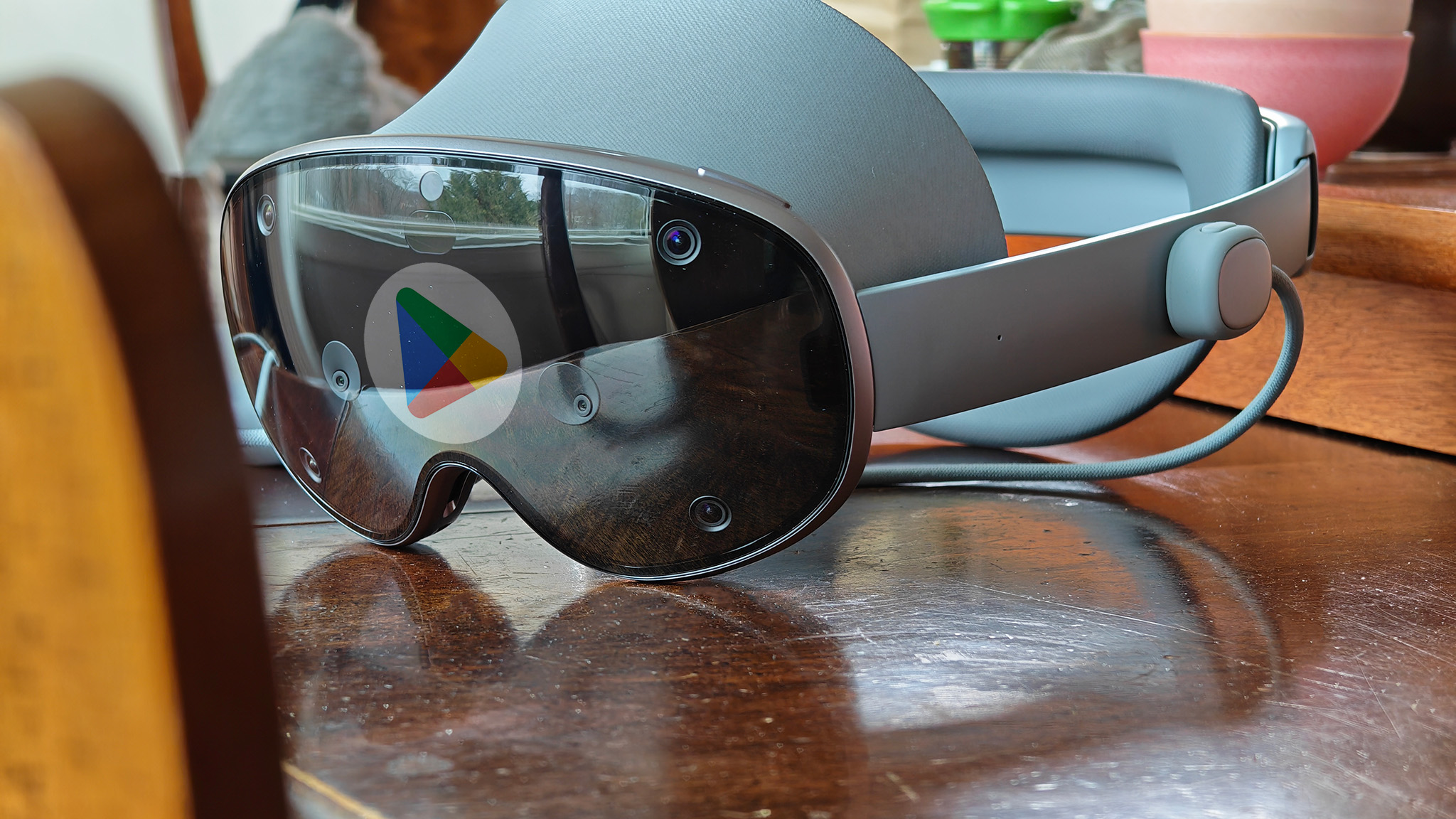Here's what Google needs to watch out for with Lina Khan, the new 'captain' of the FTC
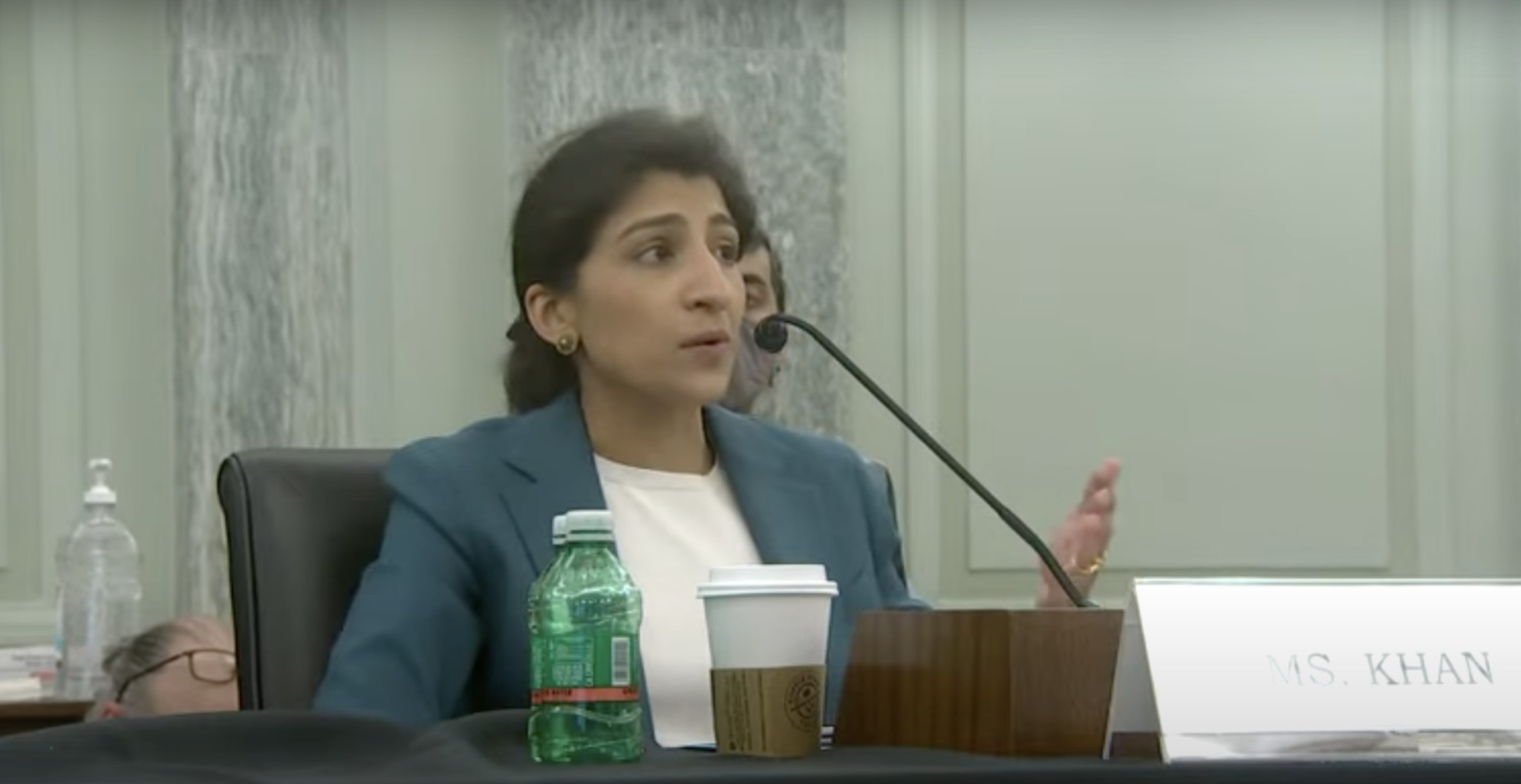
Get the latest news from Android Central, your trusted companion in the world of Android
You are now subscribed
Your newsletter sign-up was successful
Lina Khan's appointment as the new chair of the Federal Trade Commission means Google will not be spared in anti-competitive practices and will face tough scrutiny, specifically when trying to acquire new businesses, experts say. Despite criticism claiming she could be biased based on her career path, they add that the appointment is a "great move to keep a check" on Big Tech.
U.S. President Joe Biden named Khan, a prominent critic of Big Tech, as chair of the FTC and on June 15 the Senate voted across party lines to confirm her. The agency investigates antitrust violations, deceptive trade practices, and data privacy in Silicon Valley and across the U.S.
Khan, 32, said she looked "forward to working" with her colleagues to "protect the public from corporate abuse." Her role will mean companies like Amazon, Facebook, Apple, and Google will face tough scrutiny.
Prior to her new role, Khan became a prominent voice when she was a law student at Yale University, where she wrote a researched paper about modern antitrust laws and how they failed to check the power of Amazon. The paper gathered attention from policymakers, lawyers, and the press. Khan also attracted the attention of Senator Amy Klobuchar — the chair of the Senate subcommittee that oversees antitrust issues — progressive Sen. Elizabeth Warren, and Republican Sen. Josh Hawley.
At the same time, criticism from Big Tech lobbyists and pro-tech groups indicates that her position and previous research could have her rule on cases with bias.
Khan's appointment 'undermines the credibility of the agency'
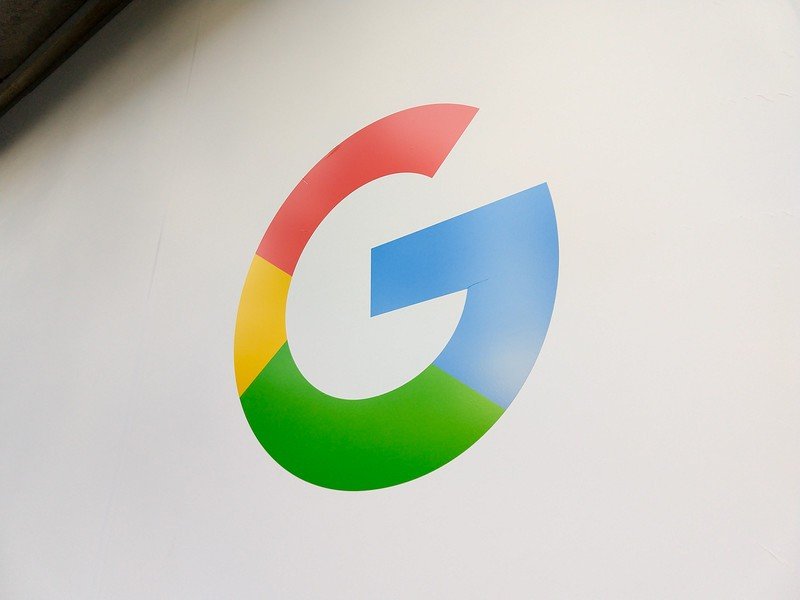
Carl Szabo, vice-president and general counsel of NetChoice, an industry group whose founders include Google, Facebook, and Amazon, said in an interview that the purpose of the FTC chair is to enforce the law like a judge, who looks at facts.
"When it comes to Ms. Khan, she seems to be less interested in applying the law as written, than writing the law and that's very dangerous because we want fair decisions based on the law not how any judge feels about that defendant," he said.
Szabo, who used to work for former FTC Commissioner Orson Swindle, suspects that Khan is "capable of operating independently," but her background "casts a cloud of doubt on everything the FTC does. It undermines the credibility of the agency."
Get the latest news from Android Central, your trusted companion in the world of Android
Barbara Sicalides, an antitrust lawyer at Troutman Pepper law firm, rejected the criticism that Khan could be biased and said in an interview that while Khan has expressed reservation regarding Big Tech, those concerns "would likely apply to all companies that fall into the "Big Tech" category."
"As chair of the FTC, she will be deciding specific questions involving the fate of companies, their employees, their communities, and innovators," she said. "While it is entirely understandable that businesses are troubled by the uncertainty, I think it's a mistake to assume that unfair treatment is a given."
Sicalides added that Khan's concern is specific to "market concentration in terms of digital advertising and the ability of technology companies to leverage their power in one market or side of a platform in an adjacent space where they might face more competition."
How does the FTC play a role in Google's world?
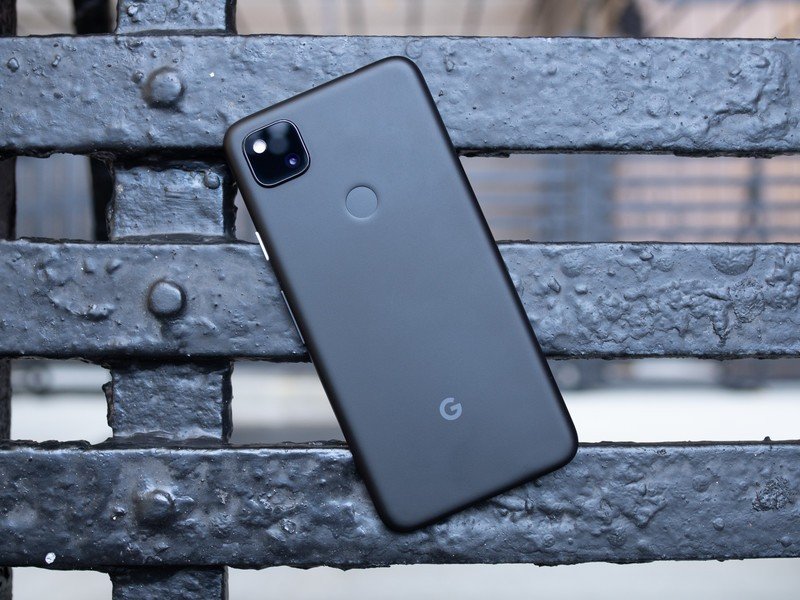
Matt Stoller, the author of the book Goliath: The 100-Year War Between Monopoly Power and Democracy, said in an interview that critics specifically point to Khan's interpretation of antitrust law, which they do not agree with.
"Her argument is that antitrust law is interpreted in a narrow way favorable to certain forms of business organization that concentrate too much power," he said. "Her critics argue that her point of view is not accurate. It's not about bias against any particular company."
He said that Khan will take the same approach to Google that she will towards Amazon and every other firm.
"I think the difference is that antitrust for Google is handled by the Department of Justice, while antitrust for Amazon is handled at the FTC," he said. "However, the FTC does have authority over certain forms of privacy and competition rules, which could affect Google."
Currently, Google faces three separate antitrust lawsuits that all have a similar agenda.
In October 2020, The Department of Justice (DOJ), along with 11 Republican state attorneys general, filed a suit against the tech giant alleging that the company used exclusionary contracts to prevent competitors from gaining access to key distribution channels so that it held a monopoly in online search.
In December 2020, a second lawsuit filed by a coalition of state attorneys generals, led by Texas, targets its advertising technology services. It claims that the tech giant holds an illegal monopoly over online ads.
That same month, a third lawsuit was filed by another coalition of state attorneys general similar to the one filed by the DOJ. It, however, includes further specifications on how Google maintained its monopoly as a search engine.
How will Khan's appointment affect Google?
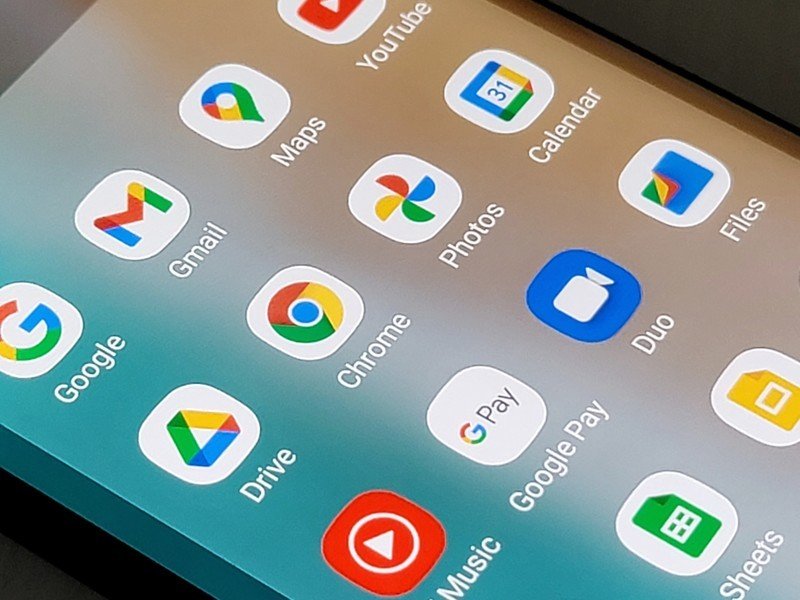
Alex Kantrowitz, the writer for the Big Technology newsletter, said that Khan doesn't pose an immediate and likely a lesser threat to Google because of its long list of antitrust lawsuits, and the major one from the DOJ. But, he notes that this doesn't mean Google is free from any scrutiny.
"Still, her serving as chair of the FTC will likely make Google's life more difficult, especially regarding its ability to acquire smaller companies, which she can now help block," he said.
NetChoice's Szabo agreed with Kantrowitz, adding that any business that has reached a certain size either wants to be acquired or is looking to make an acquisition.
"Google, like any business, has a significant size and makes a lot of acquisitions, most of which nobody seems to pay attention to or spend a lot of time looking at," he said.
"But if I am Google and I have somebody who has written several papers, articles and has made statements in the public, stating that she thinks I'm a criminal or my activities violate the law, it will make it harder for me to make acquisitions that we think will better help consumers."
Google's biggest acquisition was of DoubleClick in 2007 for $3.1 billion, which most say has been the driving force behind Google's rise to dominance. The acquisition gave Google a strong position in the lucrative display advertising industry, but critics allege that Google used its acquisition to gain an unfair advantage in the online ad business. Google still uses this model and gives it complete control of the software during any deal involving online advertisement through the company. Because of this, claims state that this forces any company buying ads to pay more money.
Neil Shah, vice-president of research at Counterpoint Research, said in an interview that Google would need to be careful on how it positions itself and the offers going forward to not "give the impression of anti-competitive behavior."
"The young Ms. Khan has been quite vocal on the topic and won't let it slide easily," he said. "Google's search engine dominance and how and what it showcases to users alongside practices in its advertising offerings has been under constant scrutiny. Further, Google's dominant position in Android smartphones to smart TVs to now in the education sector could come under scrutiny in the near to mid-term."
Shah noted that the appointment of Khan was a "great move to keep a check" on the tech and other giants becoming "too big and monopoly-centric." He added that Khan will likely be "quite impartial and closely scrutinize" all companies, including Google, specifically on their market power.
Khan is one of five to decide what cases to bring to attention
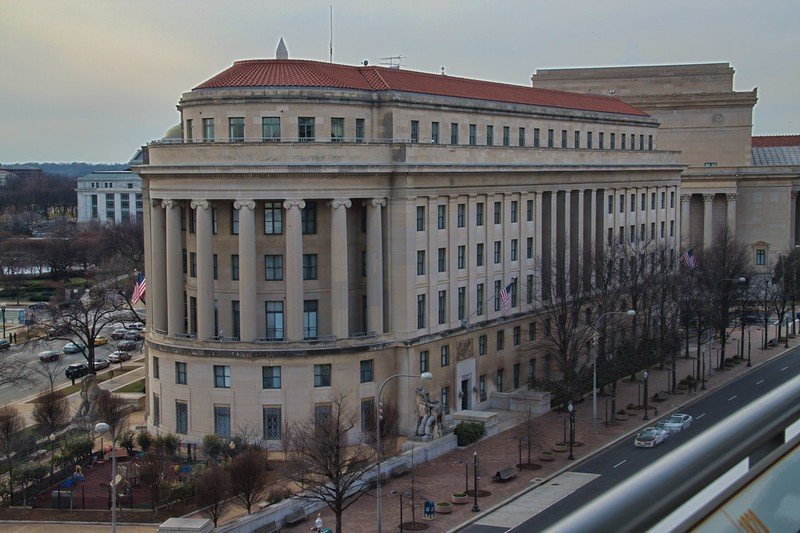
While Khan is considered the "captain" of the FTC, she is one of five commissioners who must come to a consensus when bringing any case to attention, Carmi Levy, a tech analyst, said in an interview.
"It would be fairly easy to assume Khan's appointment is akin to the sheriff finally showing up and launching an overdue crackdown. But the FTC isn't an autocracy, and while Khan now captains the regulatory ship, she is but one member of a five-person board that must achieve consensus before bringing any antitrust action to bear," he said.

Shruti Shekar is Android Central's Editor-in-Chief. She was born in India, brought up in Singapore, but now lives in Toronto. She started her journalism career as a political reporter in Ottawa, Canada's capital, and then made her foray into tech journalism at MobileSyrup and most recently at Yahoo Finance Canada. When work isn't on her mind, she loves working out, reading, watching the Raptors, and planning what she's going to eat the next day.
